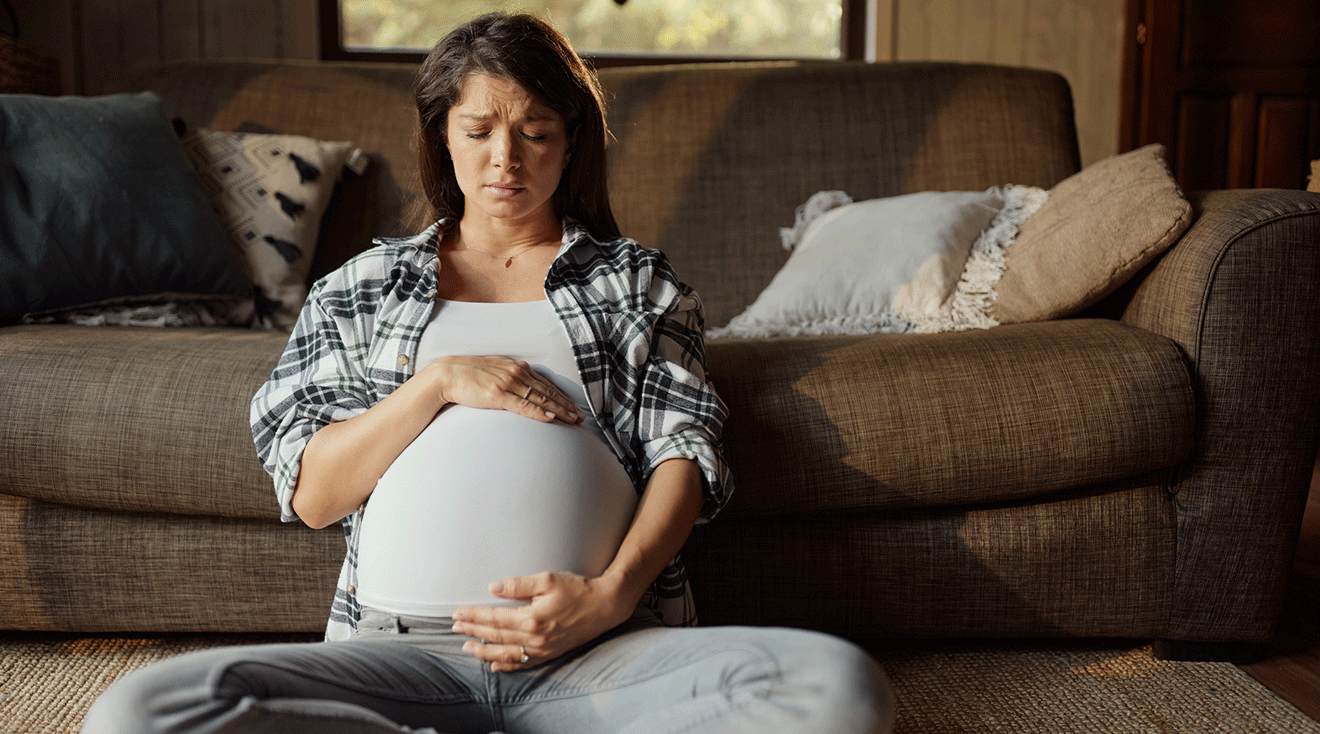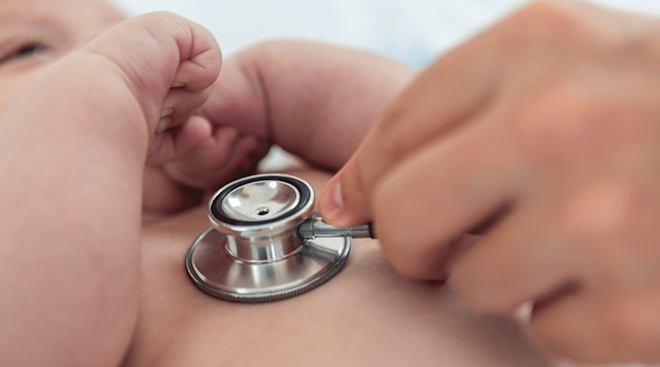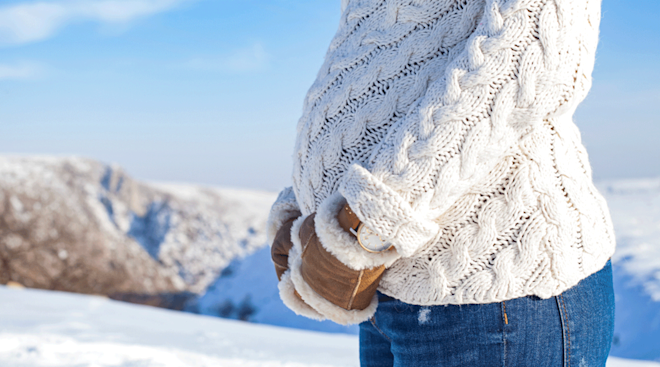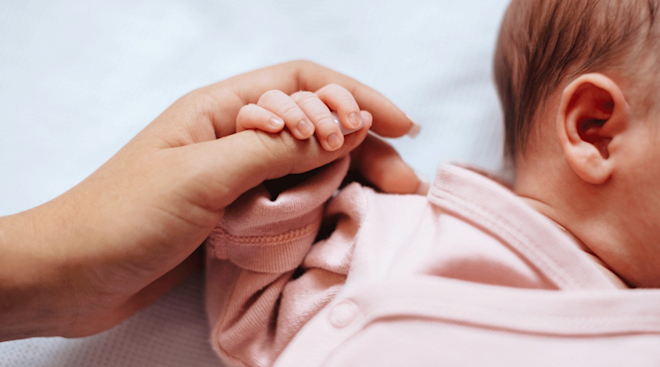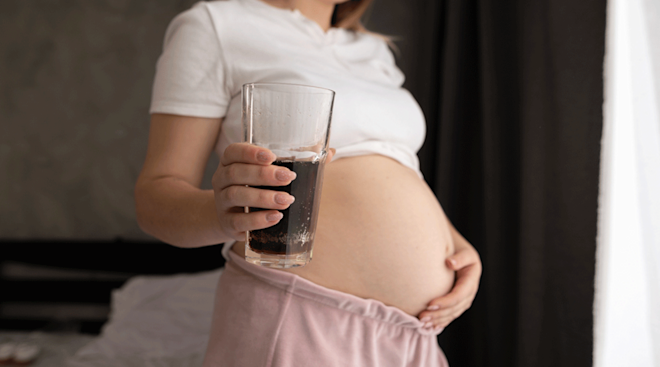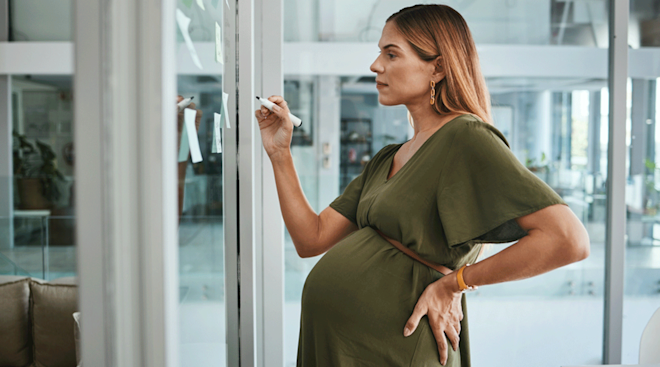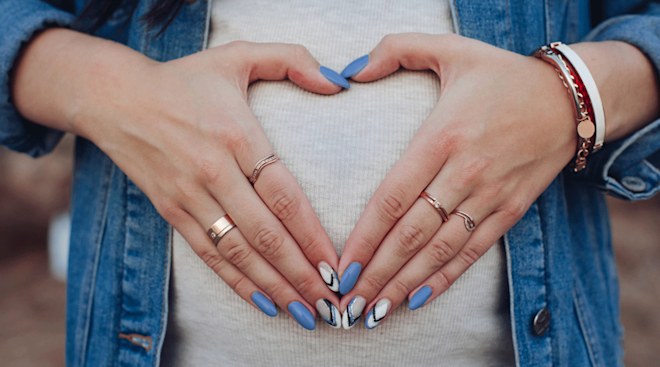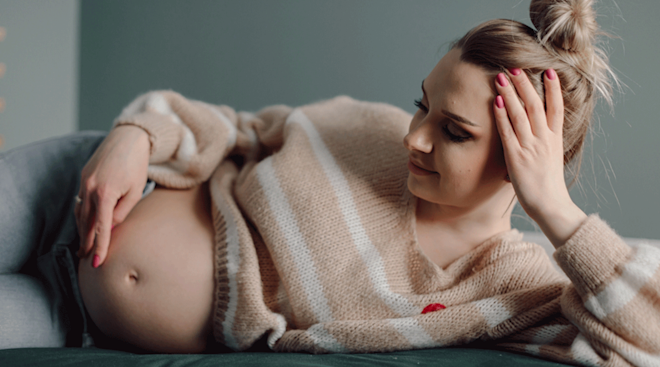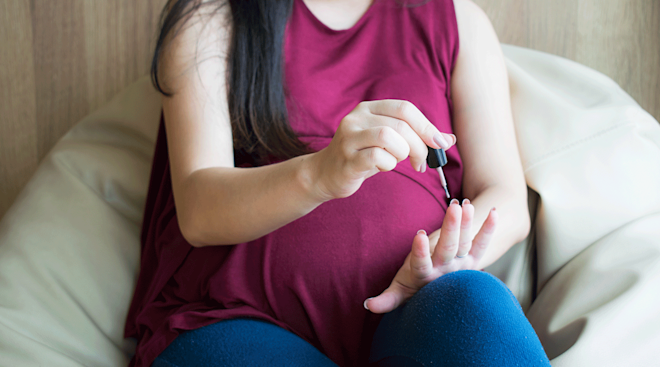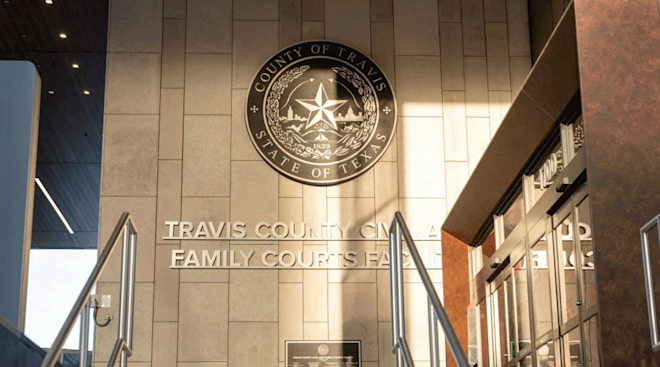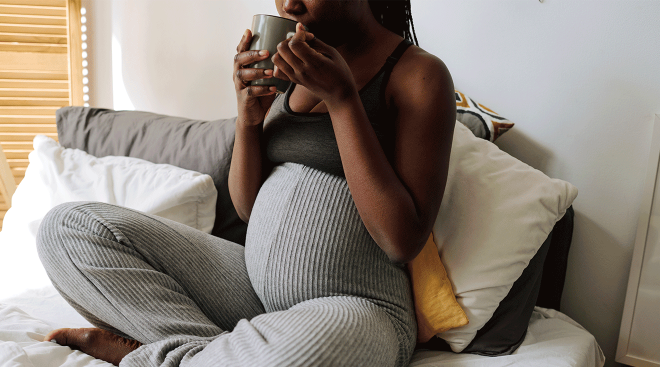How to Protect Your Family’s Health During the LA Wildfires
In Southern California, a dangerous combination of high winds and drought has created fire conditions that continue to challenge firefighters battling blazes along the coast. As of January 13, the fires have consumed 40,000 acres—an area nearly three times the size of Manhattan—stretching from Malibu and the Pacific Palisades to Eaton. These wildfires have forced approximately 150,000 people to evacuate, putting countless families in harm’s way. For pregnant people and those with babies and toddlers, there are particular health risks to consider. Here’s what you need to know to protect your health and your baby or toddler’s well-being during this challenging time.
Health Impacts of Wildfire Smoke on Pregnant Women and Young Children
Wildfire smoke contains fine particulate matter that can penetrate deep into the lungs. “Wildfire smoke can be dangerous to a pregnant person,” says Sherry Ross, MD, an ob-gyn in Santa Monica. “For the pregnant person, there can be respiratory challenges, including coughing, wheezing and shortness of breath. The developing baby can have problems with a lower birth weight, increased risk of preterm birth and ongoing developmental problems.”
Babies and young children are also more vulnerable to smoke from wildfires, mostly due to their growing lungs, the American Academy of Pediatrics (AAP) and Environmental Protection Agency (EPA) note in a guide to protecting children from smoke and ash. “Children who breathe in wildfire smoke and ash can have chest pain and tightness; trouble breathing; wheezing; coughing; nose, throat, and eye burning; dizziness; or other symptoms.”
Steps to Protect Yourself and Baby
To protect yourself and your little one from the harmful effects of wildfire smoke, consider the following recommendations:
- Monitor air quality. Regularly check the Air Quality Index (AQI) for your area through resources like AirNow.gov. The Environmental Protection Agency (EPA) notes that an AQI above 100 is considered unhealthy for sensitive groups, including pregnant individuals. Limit outdoor activities when AQI levels are high.
- Stay indoors as much as possible. The most effective way to avoid exposure to wildfire smoke is to remain indoors. Ross recommends closing all windows and doors and minimizing outdoor activities, especially during times of poor air quality.
- Improve indoor air quality. To prevent outdoor air from entering and to minimize harmful particulates in your indoor air, the Centers for Disease Control and Prevention (CDC) recommends using air conditioning in recirculation mode. Avoid activities that can worsen indoor air quality, such as burning candles, using fireplaces or vacuuming. Ross also suggests using an air purifier with a HEPA filter. Set up this purifier in the rooms where you spend the most time, such as your bedroom or living room.
- Limit physical activity. Both indoor and outdoor physical activity can increase your breathing rate, which may expose you to more smoke particles. Ross advises pregnant people to avoid physical activity and consult their healthcare provider for support and further guidance.
- Use protective gear when going outside. If you need to leave your home, the CDC recommends wearing a NIOSH-approved respirator. An N95 mask commonly worn during the COVID-19 pandemic will typically do the job.
- Keep hydrated and rested. Smoke can irritate your throat and airways, so staying hydrated is essential. Drinking water can help soothe irritation and maintain overall health during smoke exposure.
- Watch for symptoms. Parents-to-be or young children with asthma or other respiratory illnesses should be on high alert for any developing symptoms. Be aware of signs of respiratory distress in yourself or your baby, such as coughing, wheezing, rapid breathing or increased fussiness. If you or baby is experiencing these symptoms, reach out to your healthcare provider immediately.
Managing Stress During Wildfires
In addition to the physical risks, wildfires can cause significant emotional stress for expectant and new parents. “Stress from these events increases cortisol levels, which can lead to complications like lower birth weight, preterm birth, high blood pressure, insomnia and a weakened immune system,” explains Ross.
To combat stress, Ross suggests incorporating self-care practices into your routine. “Mindfulness, yoga, Tai Chi and meditation can all help reduce anxiety and promote relaxation,” she says. Additionally, connecting with a therapist, joining a support group, or engaging in light physical activity like walking can make a significant difference.
Be Prepared for Evacuation
If you live in an area at risk of evacuation, it’s essential to have a plan. Along with the items the Federal Emergency Management Agency (FEMA) recommends including in your “go bag,” Ross says expectant parents should pack the following:
- Prenatal vitamins and a copy of your prenatal records
- Your hospital bag
New parents should include the following items in their “go bags”:
- Diapers, wipes and formula and/or other food for your baby or toddler
- Medications
- Important documents, such as medical records
- Hygiene products
- Comfort items such as a favorite toy or blanket
Resources and Support for Families
Organizations like Baby2Baby have already distrbuted over one million emergency supplies and remain dedicated to providing families impacted by the fires with essentials such as diapers, wipes, clothing and more. Other companies, like Bobbie and Babyletto, are offering free formula and cribs to families who have lost their homes.
Want to support families affected by the wildfires? Donations to Baby2Baby’s Emergency Response Program help provide immediate relief to those in need.
How The Bump is Giving Back
In the wake of the LA Wildfires, The Bump is committed to supporting families through this challenging time. We’ve partnered with the LA-based children’s streetwear brand, We Are Little Giants, to host a special giveaway of “Fun Kid Care Kits” for families affected by the fires.
On Thursday, January 23, from 2-5 p.m., parents and children can visit the We Are Little Giants flagship store at 4675 Hollywood Boulevard to receive backpacks thoughtfully packed with essentials, treats and toys for little ones. Each kit includes items like toothbrushes, socks and blankets alongside toys, new plush friends from GUND and more. Parents can also pick up one of The Bump’s signature diaper bags to keep everything in tow. In total, The Bump is commited to donating over $5,000 worth of brand-new items to support newborns through 10-year-olds.
We understand that in times of crisis, children feel the impact just as much as adults—and often in ways they can’t articulate. That’s why we’ve partnered with We Are Little Giants and GUND to make fun and play a cornerstone of these kits. Toys, activities and special items offer kids a healthy outlet to process their emotions and a sense of stability. Ultimately, a new fuzzy friend, a terrific toy or a fun tee can help kids be kids.
Our goal is simple: to give parents one less thing to worry about and kids a little more comfort and happiness as they navigate the road to recovery. Together, we hope to bring ease, connection and a sense of normalcy back to families rebuilding their lives.
Sherry Ross, MD, is an ob-gyn and women’s health expert at Providence Saint John’s Health Center in Santa Monica, California. She’s the author of She-ology: The Definitive Guide to Women’s Intimate Health. Period. and She-ology, the She-quel: Let's Continue the Conversation. She’s also the co-founder of Oneself Intimate Skin Care and the Women's Health & Wellness School on the MprooV app. She received her medical degree from New York Medical College.
United States Environmental Protection Agency, Health Effects Attributed to Wildfire Smoke, October 2024
United States Environmental Protection Agency, The American Academy of Pediatrics and Pediatric Environmental Health Specialty Units, Protecting Children from Wildfire Smoke and Ash, April 2024
Centers for Disease Control and Prevention, Safety Guidelines: Wildfires and Wildfire Smoke, April 2024
The Federal Emergency Management Agency, Build a Kit, July 2024
Navigate forward to interact with the calendar and select a date. Press the question mark key to get the keyboard shortcuts for changing dates.

































